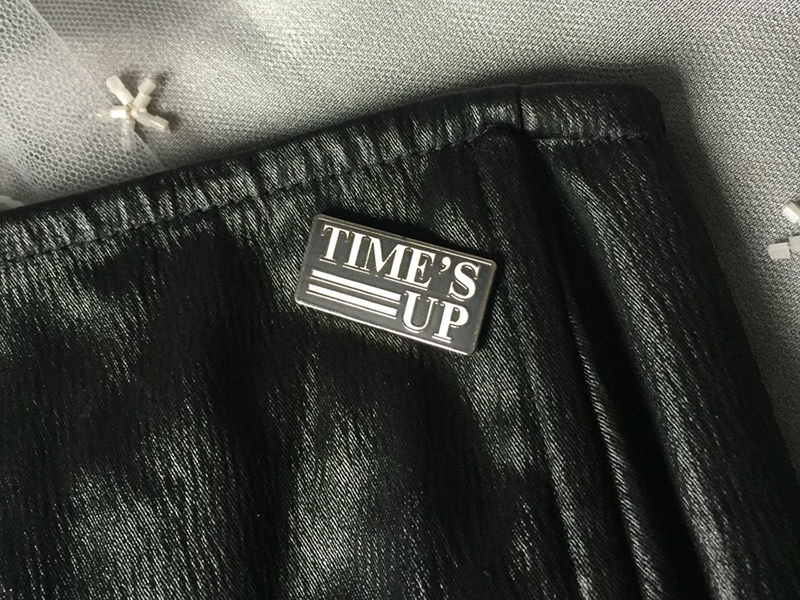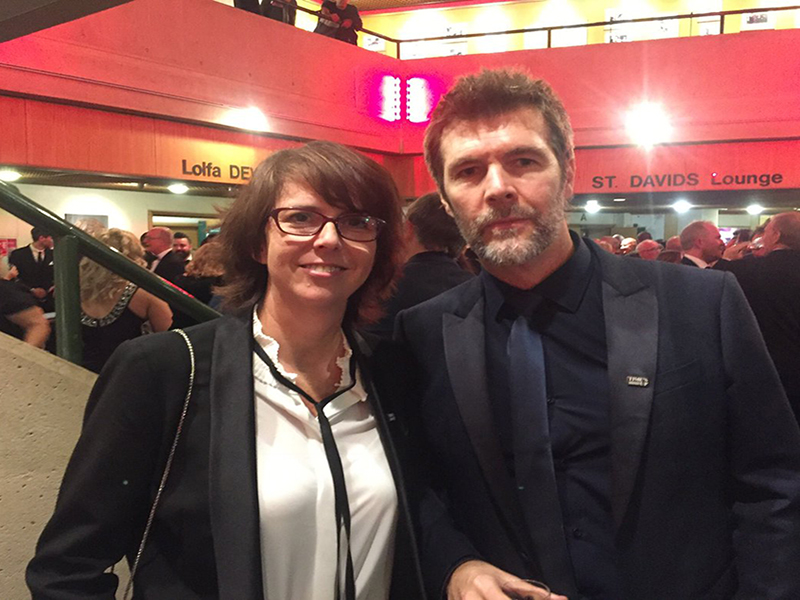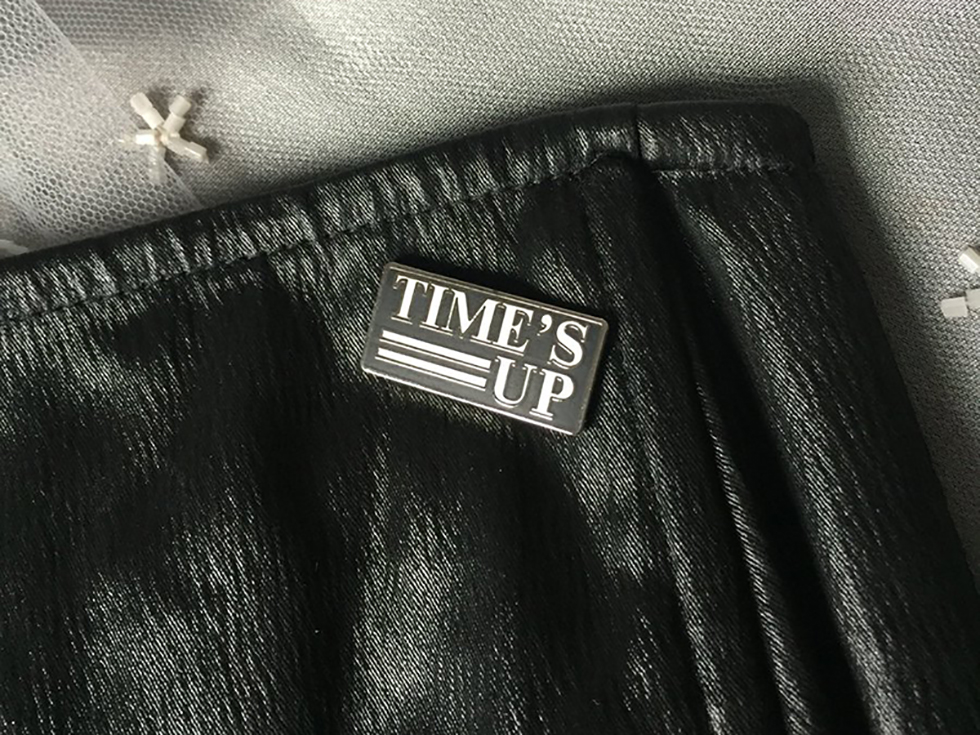The effects of sexual harassment
1 in 5 women are too scared to report sexual harassment.
A third are unaware of how to report it to their employers.
5% of young women have been forced to find new jobs due to sexual harassment.
The survey estimates that more than 800,000 young women have been sexually harassed but not reported the incident.
This summer, a report released by the Women and Equalities Commission called for the government to put sexual harassment “at the top of the agenda”, to make sure procedures are easier for employees to report issues and investigate unfair use of non-disclosure agreements (NDAs) within the workplace. They are seeking personal views and experiences to support their inquiry.
How are non-disclosure agreements (NDAs) being used in discrimination cases? Are they used more for particular types of harassment or other discrimination? We are launching an inquiry. Tell us your views. See our website for further details: https://t.co/Aikb7T8Axd pic.twitter.com/BvoZw0PEBW
— Women & Equalities Committee (@Commonswomequ) 13 November 2018
Statistics courtesy of Young Women’s Trust.
A national charity is calling time on sexual harassment with an event which aims to tackle the issue in Welsh workplaces

Welsh Women’s Aid are attempting to tackle sexual harassment by saying Time’s Up (Photo credit: Welsh Women’s Aid)
Welsh Women’s Aid is holding a dialogue session between activists and industry professionals to combat sexual harassment at work.
The #MeToo and #TimesUp movements have hit headlines on numerous occasions in the last year following reports of Harvey Weinstein and Arcadia Group boss Sir Philip Green’s alleged behaviour in their respective industries.
Research for the BBC by ComRes found that in 2017 40% of women and 18% of men surveyed had experienced some kind of unsolicited sexual behaviour at work in the UK.
According to the Young Women’s Trust, only 8% of women aged between 18 and 30 reported this kind of behaviour, with 24% citing fear of losing their job as what would prevent them from doing the same.
“We want people to feel empowered to speak and ask questions. A lot of people have seen the #TimesUp movement in the media but now let’s actually do something,” says Becky James, the charity’s press officer.
The dialogue session will feature two panels of activists and professionals from various industries across Wales to talk about what is currently being done, and how they can work together to introduce new protocols and procedures into Welsh workplaces.
“It’s so workplaces become more aware and know exactly how to deal with sexual harassment correctly and ethically,” Becky explains. “If anything ever does happen, the man or women will be left feeling safe.”

Celebrities such as Rhod Gilbert supported the charity’s work last month by wearing #TimesUp badges to the BAFTA Cymru Awards (Photo credit: Welsh Women’s Aid)
In October the charity collaborated with nominees at the BAFTA Cymru Awards to highlight sexual harassment. Many of them, including ambassador Sian Harries and comedian Rhod Gilbert, attended the ceremony wearing #TimesUp pins.
“We’re seeing this happening worldwide but I think what’s really important is to show that we’re being proactive in Wales. It’s important to always keep Wales on the map,” Becky tells us.
The event will be held at Chapter Arts Centre on 6 Dec, with limited tickets available.
The effects of sexual harassment
1 in 5 women are too scared to report sexual harassment.
A third are unaware of how to report it to their employers.
5% of young women have been forced to find new jobs due to sexual harassment.
The survey estimates that more than 800,000 young women have been sexually harassed but not reported the incident.
This summer, a report released by the Women and Equalities Commission called for the government to put sexual harassment “at the top of the agenda”, to make sure procedures are easier for employees to report issues and investigate unfair use of non-disclosure agreements (NDAs) within the workplace. They are seeking personal views and experiences to support their inquiry.
How are non-disclosure agreements (NDAs) being used in discrimination cases? Are they used more for particular types of harassment or other discrimination? We are launching an inquiry. Tell us your views. See our website for further details: https://t.co/Aikb7T8Axd pic.twitter.com/BvoZw0PEBW
— Women & Equalities Committee (@Commonswomequ) 13 November 2018
Statistics courtesy of Young Women’s Trust.

